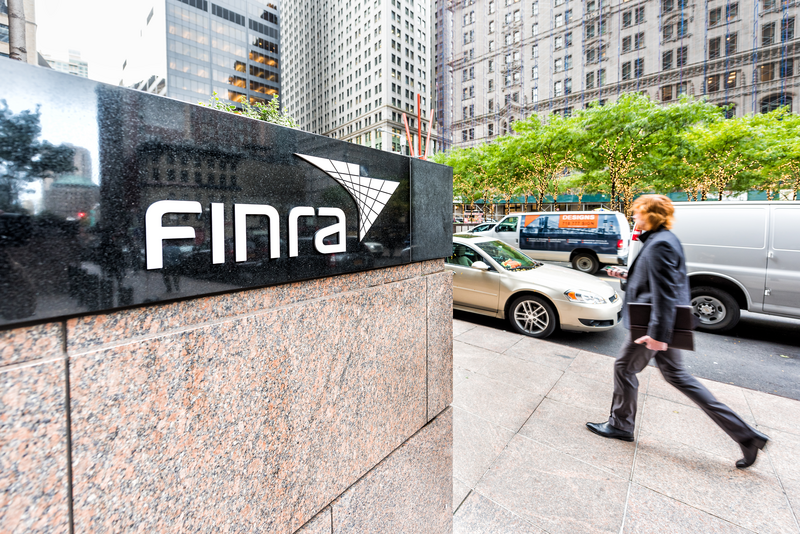Apex Clearing Corporation (Apex), is a Dallas, Texas-based provider of correspondent clearing services for introducing broker-dealer clients. Since 2019, the firm has offered a fully-paid securities lending program (FPLP) to its clients.
In its news release accompanying the enforcement action, FINRA describes this lending practice as one where “a broker-dealer
Once
Register for free to keep reading
To continue reading this article and unlock full access to GRIP, register now. You’ll enjoy free access to all content until our subscription service launches in early 2026.
- Unlimited access to industry insights
- Stay on top of key rules and regulatory changes with our Rules Navigator
- Ad-free experience with no distractions
- Regular podcasts from trusted external experts
- Fresh compliance and regulatory content every day













